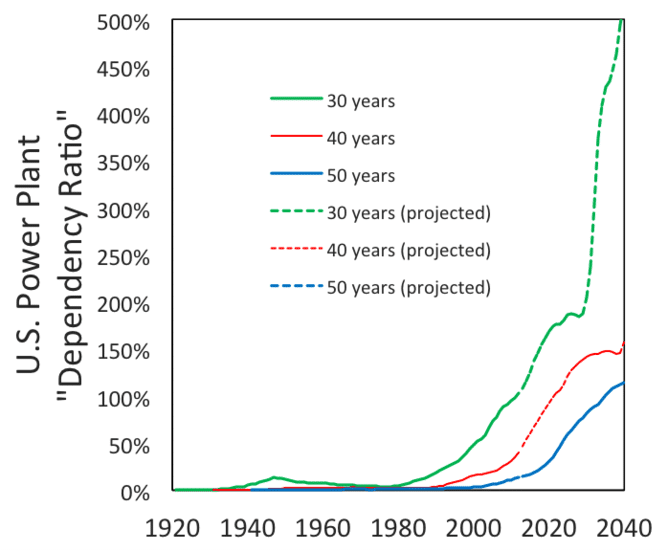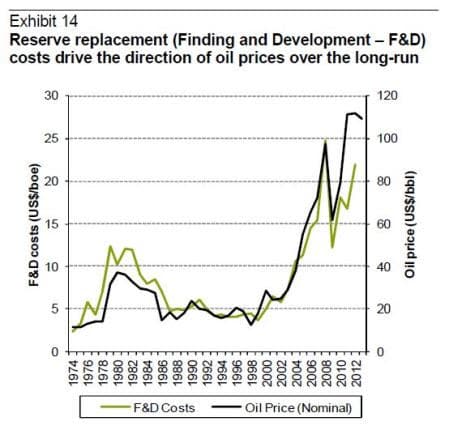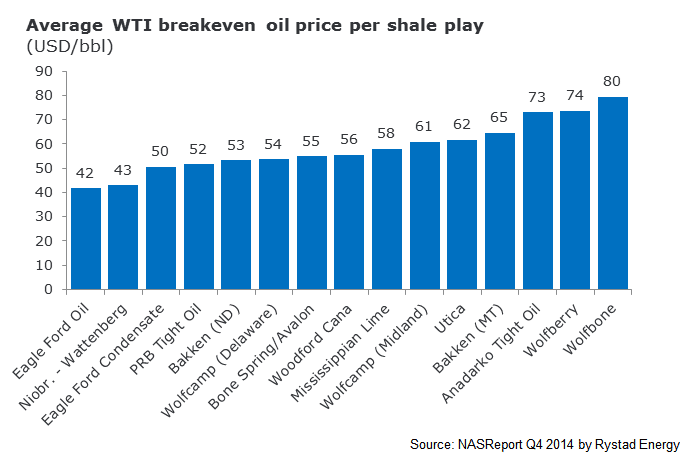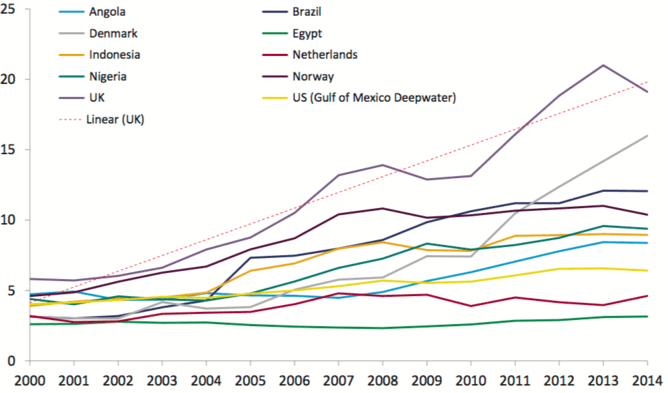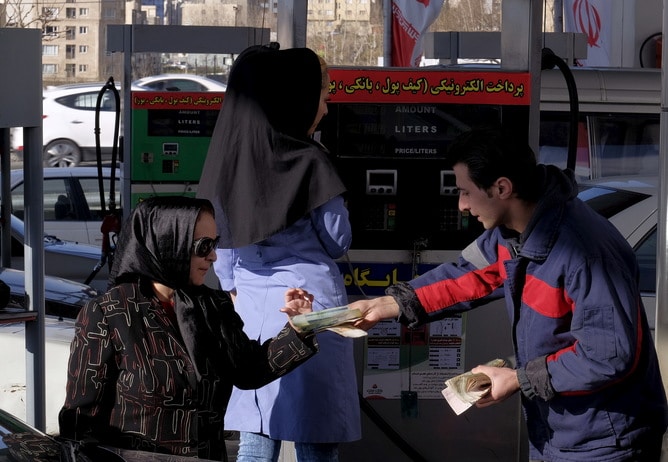The Next U.S. President Won’t Likely Dictate Energy Technology
There have been dramatic changes in the U.S. energy system under our current president – a big drop in the use of coal, a boom in domestic oil and gas development from fracking, and the rapid spread of renewable energy.
However, in terms of influencing energy technology deployment, the next president will have a lot less influence than you might expect.

